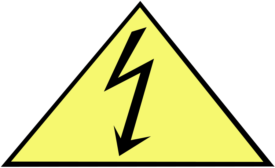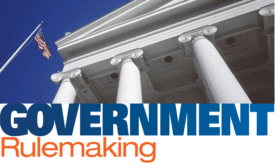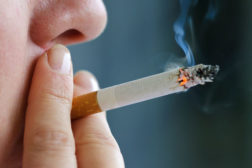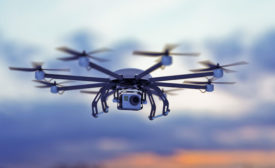News
A FairWarning Story
Labor Department waters down injury reporting rule targeted by business
January 31, 2019
Never miss the latest news and trends driving the safety industry
eNewsletter | Website | eMagazine
JOIN TODAYCopyright ©2024. All Rights Reserved BNP Media.
Design, CMS, Hosting & Web Development :: ePublishing







